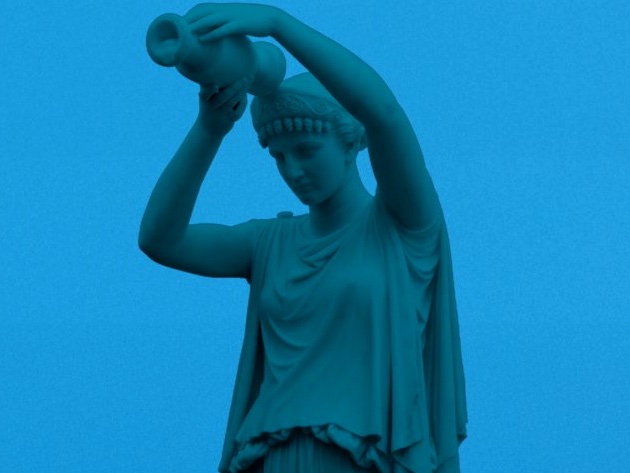
Mendelssohn's Antigone is on stage at the Auditorium Parco della Musica: one of Sophocles' most famous tragedies, Antigone (441 BC), was musically illustrated by Mendelssohn in 1841, capturing its dramatic power and amplifying both its pathos and ethical tension.
The story, as is known, revolves around Antigone, daughter and at the same time sister of Oedipus, who, even against the will of the new king of Thebes, Creon, decides to bury the body of her brother Polynices, a burial forbidden by the new king with a decree. Polynices, in fact, died besieging the city of Thebes, is considered an enemy to whom no funeral honors should be given. Once discovered, Antigone is condemned by the king to live the rest of her days imprisoned in a cave; however, following the prophecies of the soothsayer Tiresias and the pleas of the chorus, Creon finally decides to free her, but it is too late because Antigone has hanged herself in the meantime.
In the incidental music for Sophocles' tragedy, Greek tragedy meets Romanticism, re-proposing the theme of the conflict between divine law and human law: and this is thanks to the genius of Mendelssohn who captures all its dramatic power and amplifies both its pathos and its ethical tension.
Orchestra and Male Chorus of Santa Cecilia, conducted by Francesco Lanzillotta; narrator, Massimo Popolizio; Antigone, Simonetta Solder; Kreon, Christoph Hulsen; The Keeper/The Servant/The Coryphaeus, Alessandro Budroni; chorus master, Andrea Secchi.
Performance in collaboration with the Teatro di Roma – Teatro Nazionale; German translation by Jacob Christian Donner; adaptation of the spoken text by Gianni Garrera.
Photo credits: courtesy of the Auditorium Parco della Musica official site
Informaciones
Rappresentazione: il 23/06/2025 alle 20:30:00
 Condividi
Condividi











































